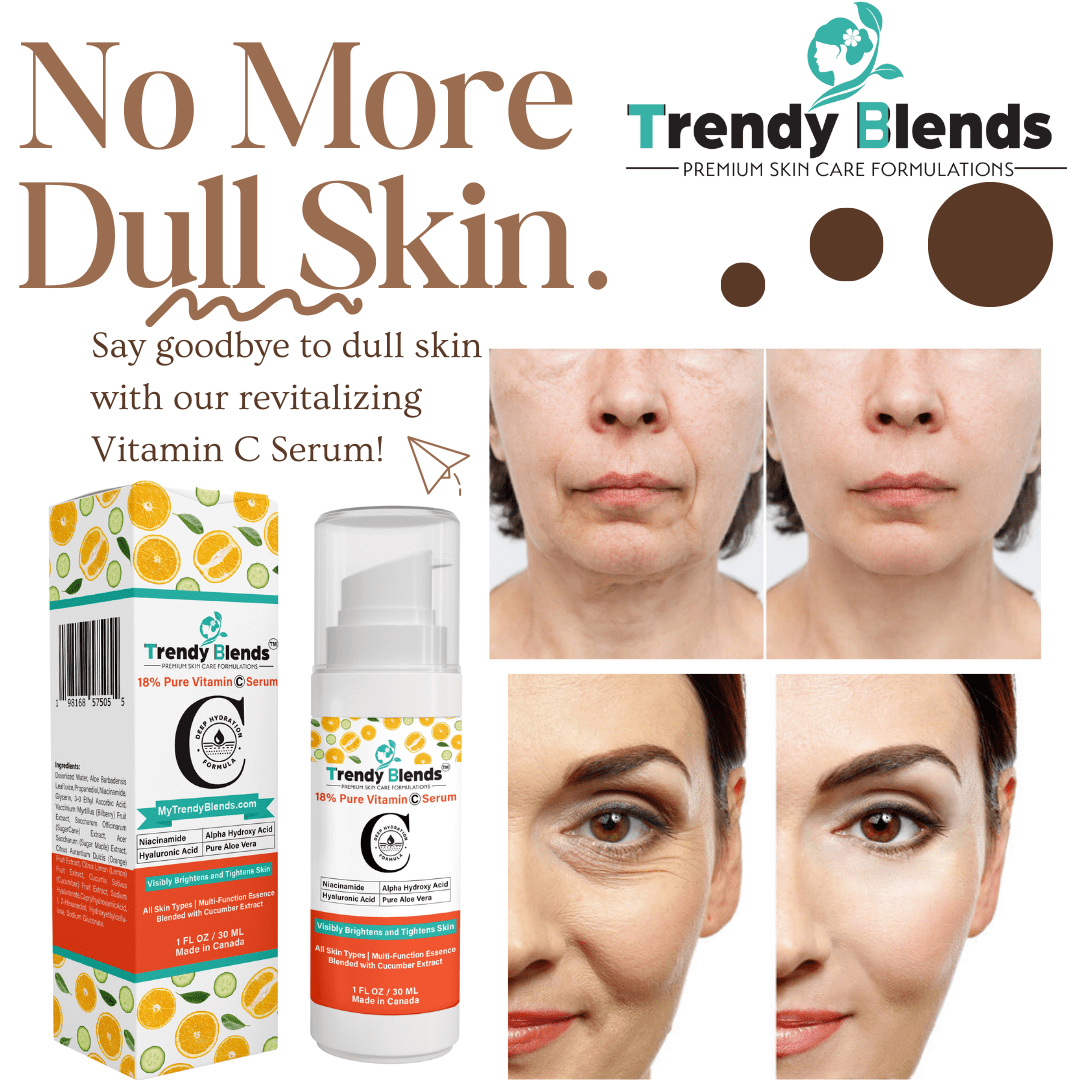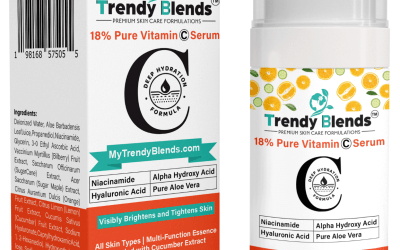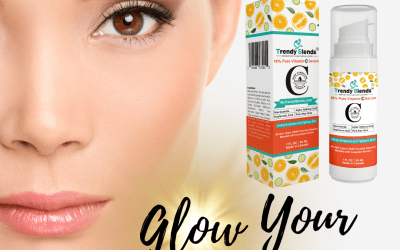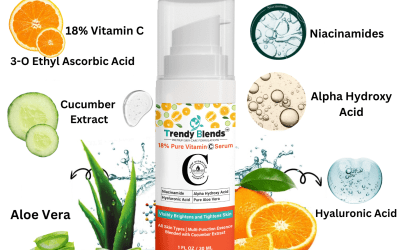What is Niacinamide good for?
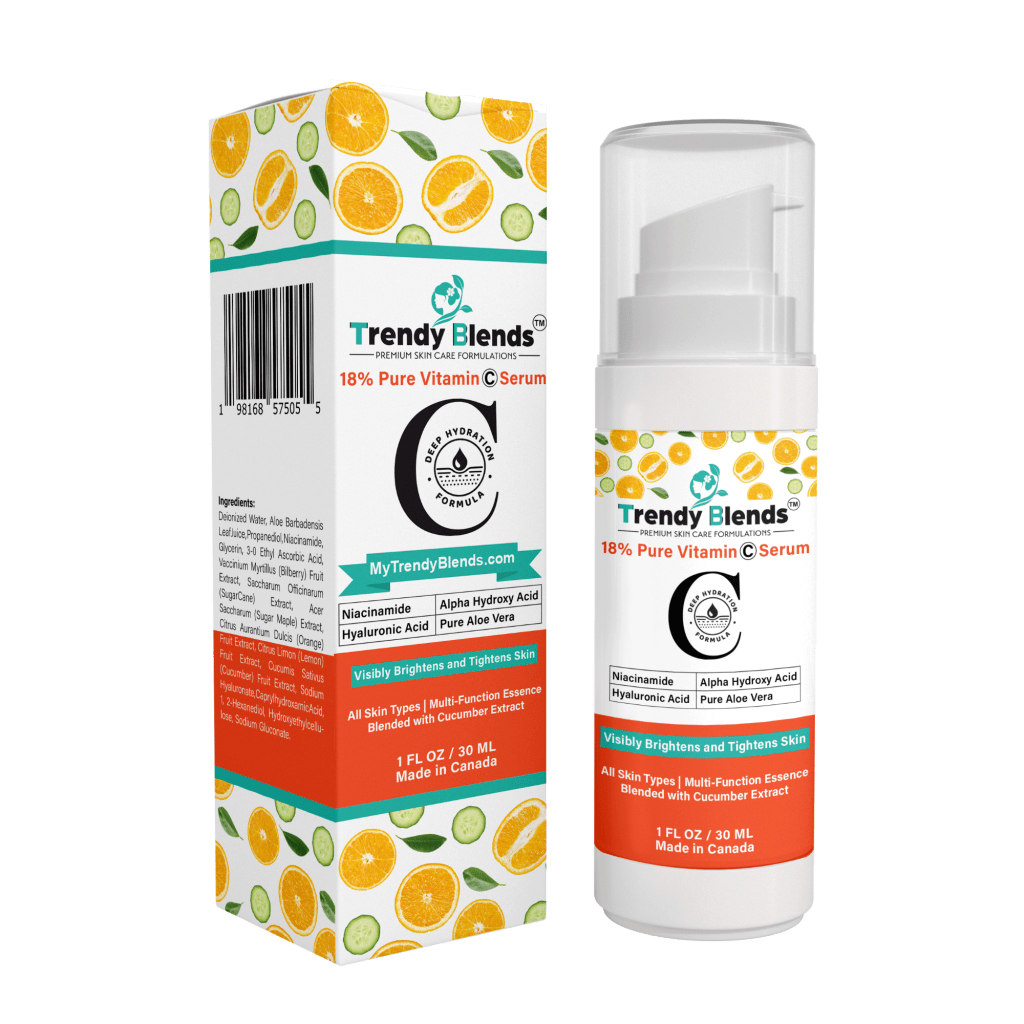
The Benefits of Niacinamide: A Comprehensive Overview
Niacinamide, also known as vitamin B3, has gained significant popularity in recent years, particularly in the fields of dermatology and cosmetics. This multifaceted ingredient is becoming a staple in skincare routines, loved for its versatility and beneficial properties. As consumers become increasingly educated about skincare components, understanding the unique benefits of niacinamide, alongside other celebrated products such as Vitamin C serum, is crucial.
What is Niacinamide?
Niacinamide is a water-soluble form of vitamin B3 that plays a vital role in energy metabolism and cellular repair. It is naturally found in foods like meat, fish, eggs, green vegetables, and cereals. Beyond its nutritional benefits, it has been employed in skincare formulations due to its numerous potential benefits.
Key Benefits of Niacinamide
- Improvement of Skin Texture: Niacinamide helps in reducing uneven skin tone and improving skin texture by enhancing the skin’s barrier function, thereby contributing to a smoother appearance.
- Reduction of Enlarged Pores: This ingredient can help minimize the appearance of large pores by regulating sebum production and promoting skin elasticity.
- Minimization of Fine Lines and Wrinkles: Regular use of niacinamide can boost collagen production, leading to a reduction in fine lines and wrinkles.
- Targeting Acne and Blemishes: Niacinamide has anti-inflammatory properties that can help reduce the appearance of blemishes and redness, making it beneficial for acne-prone skin.
- Boosting Hydration: The ingredient aids in water retention in skin cells, enhancing hydration and overall skin health.
- Protection Against Environmental Damage: Niacinamide helps build a healthy skin barrier, thus offering improved protection against environmental aggressors like pollution and UV radiation.
 How to Incorporate Niacinamide into Your Skincare Routine
How to Incorporate Niacinamide into Your Skincare Routine
Niacinamide can be found in various forms, including serums, creams, and masks. Here’s a step-by-step guide to effectively incorporate it into a skincare routine:
- Cleanse the Skin: Start with a gentle cleanser to remove impurities and prepare the skin.
- Use a Vitamin C Serum: Apply a Vitamin C serum to brighten the skin and provide antioxidant protection.
- Apply Niacinamide: Follow up with niacinamide, allowing it to absorb fully into the skin.
- Moisturize: Lock in hydration with a quality moisturizer tailored to skin type.
- Sunscreen: In the morning routine, always finish with a broad-spectrum SPF to protect against sun damage.
Popularity in Skincare
Niacinamide’s rise in popularity correlates with the growing interest in scientifically-backed skincare solutions. Customers are increasingly seeking ingredients that deliver tangible benefits without the harmful side effects.
“Great skin doesn’t happen by chance, it happens by appointment.” – Unknown
Comparison of Niacinamide and Other Skincare Ingredients
While niacinamide is celebrated for its extensive benefits, it competes with other well-known ingredients such as Vitamin C. Below is a table comparing the two:
| Feature | Niacinamide | Vitamin C Serum |
|---|---|---|
| Primary Benefits | Evens skin tone, minimizes pores | Brightens, protects, and repairs |
| Ideal For | All skin types | Mostly effective for dull skin |
| Texture | Lightweight gel or cream | Usually serum with a watery base |
| Application | Morning and evening | Morning, usually with sunscreen |
| Stability | Highly stable | Less stable, susceptible to light and air |
Frequently Asked Questions (FAQs)
1. Can niacinamide be used with other ingredients?
Yes, niacinamide is generally safe to use with most other skincare ingredients. It can work well in conjunction with retinol, hyaluronic acid, and even Vitamin C. However, individuals should patch test when combining products.
2. Is niacinamide suitable for sensitive skin?
Absolutely! Niacinamide is known for its soothing properties and is often recommended for sensitive or reactive skin types.
3. How long does it take to see results from niacinamide?
Most users can see noticeable results within four to eight weeks of consistent use, particularly in terms of skin texture and hydration.
4. How can I tell if a product contains niacinamide?
Check the ingredient list; niacinamide will be listed either as “niacinamide” or “nicotinamide.” It is typically found in concentrations of 2% to 10% in most skincare formulations.
5. Can I use niacinamide every day?
Yes, niacinamide is gentle enough for daily use, both in your morning and evening skincare routines.
Conclusion
Niacinamide is a powerful ingredient that can cater to various skincare needs, boasting multiple benefits ranging from improved skin texture to enhanced hydration. Its compatibility with other active ingredients like Vitamin C serum further solidifies its place in the skincare arsenal. As consumers become more informed and optimize their routines with beneficial components, incorporating niacinamide can lead to healthier, more radiant skin.
Understanding the science behind skincare ingredients enables consumers to make informed choices, ensuring they achieve the desired results through their skincare routines. With its extensive range of benefits, niacinamide is indeed worthy of a spot on the shelf of anyone seeking to enhance their skin health.
